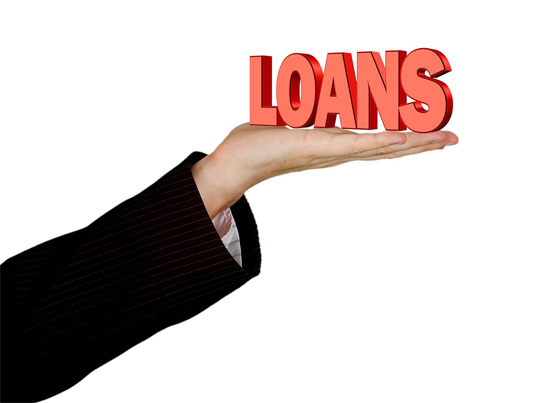When you have some spare cash in your business, it can made good sense to pay down your debts – particularly if your business loans attract a high rate of interest.  However, this isn’t always good practice, so here’s a quick overview of the pros and cons of paying your business loan off early.
However, this isn’t always good practice, so here’s a quick overview of the pros and cons of paying your business loan off early.
The biggest pro, of course, is saving all that interest, which in the long term will give you extra money to invest in business growth. However, in the short term you’ll actually have less cash on hand due to the need to part with a substantial lump sum. In general, you will save more interest by paying off long-term loans than shorter term borrowing: if you have a loan lasting from, say, three to eighteen months, the savings won’t be substantial if you pay it back earlier.
How much will you really save by paying off a business loan early?
The amount of interest you will save will also depend upon how it is charged. Some loans involve a fixed monthly repayment encompassing both capital and interest, whilst some charge a fixed capital repayment each month plus interest as it arises. With the former kind, you will initially be paying a lot of interest and not very much capital, so it will take a lot longer for the capital sum (and hence the interest) to reduce. If you have more than one loan outstanding, this is the type to pay back first.
Next, you need to consider whether your loan has an early payment penalty. If, for instance, you incur a charge of 1% of the sum borrowed for an early payback, this could significantly eat into the savings you stand to make.
Paying less in interest can mean paying more in tax
Nobody likes paying interest, but it has one good point: it’s tax-deductible. Pay off your business loan early and you increase your profits, which in turn increases your tax liability. Do the calculations carefully and make sure you’re not saving cash on one hand and giving it to the taxman on the other.
Look at all your interest rates
Chances are your business loan is one of your biggest financial commitments, but that doesn’t necessarily mean it’s the one with the highest interest rate. If you’re using an overdraft facility, a line of credit or a corporate credit card, odds are they’ll be attracting much higher interest rates. Pay those debts off first, and then consider paying back your business loan if you still have spare cash (and when you’ve considered all the points above).
Don’t starve your cash flow to pay your debts
Cash flow problems can collapse almost any business, including those that are profitable and growing. In fact, a phase of growth can be particularly dangerous from a cash flow standpoint as you will need to invest in plant, people and raw materials to service new customers before you get paid.
In the long term, you will unquestionably save money by paying debts off early. However, in the short term you could find yourself dangerously short of cash. If your business can’t meet its monthly commitments – in short, if your outgoings temporarily exceed your income and you have no cash cushion to fall back on – you will find yourself insolvent. In an ideal world, you should have sufficient savings to cover your expenses for between two and six months. If you don’t have this much left, you should probably postpone paying off your business loan.
Don’t forget to talk to Cashsolv about business loans
As a lender Cashsolv specialise in alternative finance for small businesses. Applying different criteria from banks, we can offer emergency business loans (with funds inside your account in under 24 hours), asset-based finance (where you borrow against the value of your premises or equipment) or invoice finance (allowing you to borrow up to 85% of the value of your invoices as soon as you issue them, with repayment being made when your customers pay you).
Click here to find out more about Cashsolv's business finance options.

